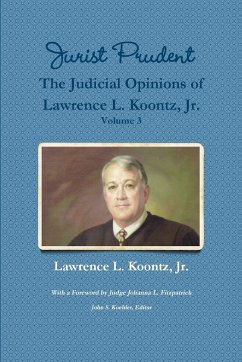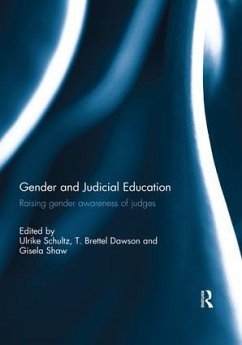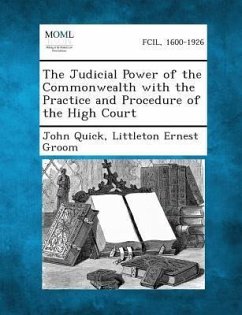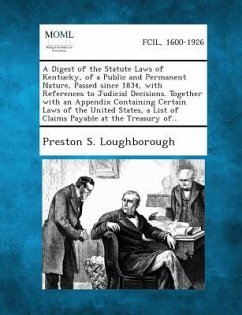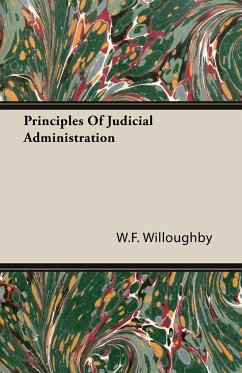
The Challenges of Judicial Reform In Haiti
Versandkostenfrei!
Versandfertig in 1-2 Wochen
14,99 €
inkl. MwSt.

PAYBACK Punkte
7 °P sammeln!
Hurah,formerly a non-profit, collaborated with the Haitian legal advocacy service, AUMOHD, from 2004-2011. With its support, Community Human Rights Councils have been established in Port-Au-Prince as non-violent, non-partisan advocates for their community. This is why Tom Luce translated "The Challenges of Judicial Reform in Haiti" by Jean Sénat Fleury. The judge saw the work of Hurah/AUMOHD as pursuing his goals. Judge Fleury, self-exiled due to violent threats and government interference in his judicial work, has a reputation as a scholar, incorruptible judge, and teacher of judges. His boo...
Hurah,formerly a non-profit, collaborated with the Haitian legal advocacy service, AUMOHD, from 2004-2011. With its support, Community Human Rights Councils have been established in Port-Au-Prince as non-violent, non-partisan advocates for their community. This is why Tom Luce translated "The Challenges of Judicial Reform in Haiti" by Jean Sénat Fleury. The judge saw the work of Hurah/AUMOHD as pursuing his goals. Judge Fleury, self-exiled due to violent threats and government interference in his judicial work, has a reputation as a scholar, incorruptible judge, and teacher of judges. His book is more than just general platitudes. He has an insider and practical solution for the major problems of justice reform in Haiti. Justice for all! All proceeds from this book are donated to Hurah which was given translation rights by Judge Fleury. Check out this unique service at http://hurah.org. You may donate online at this site.http://hurah.org/donate





